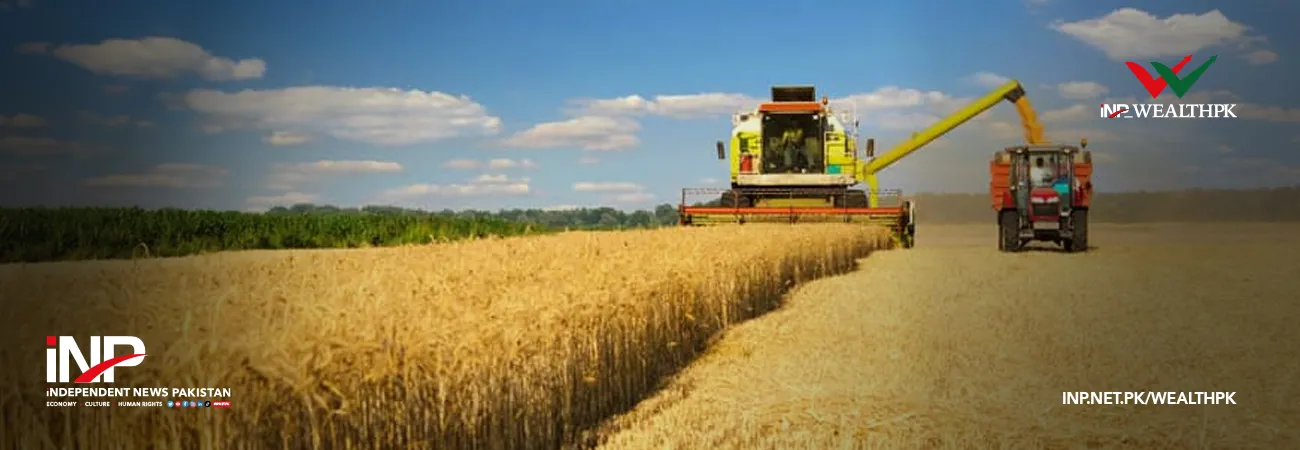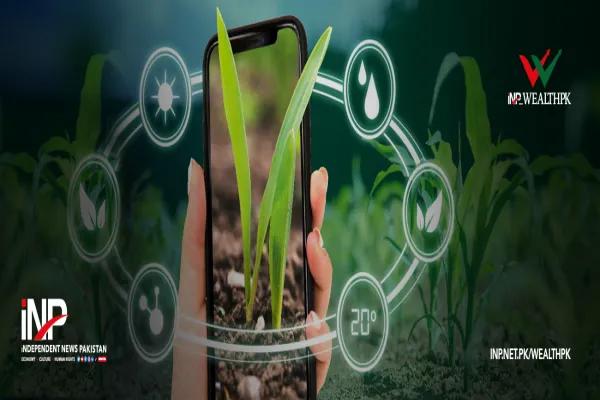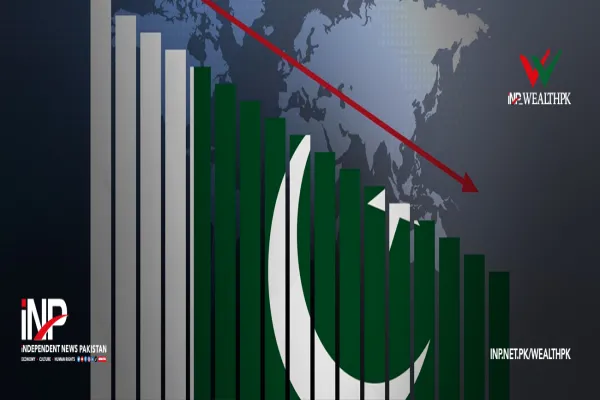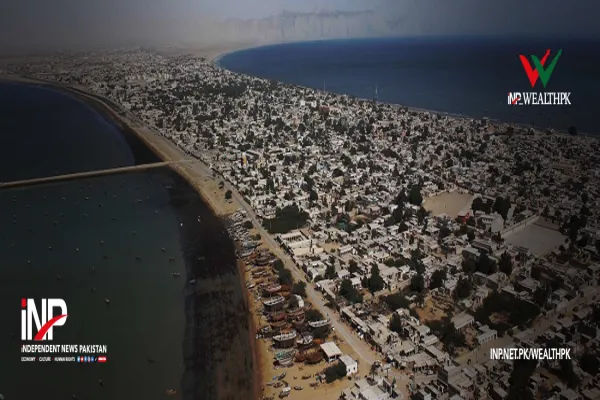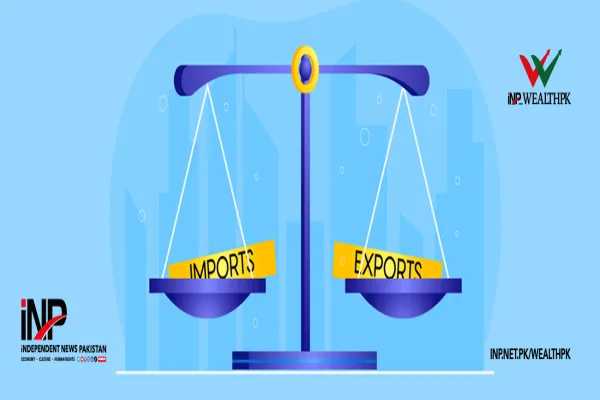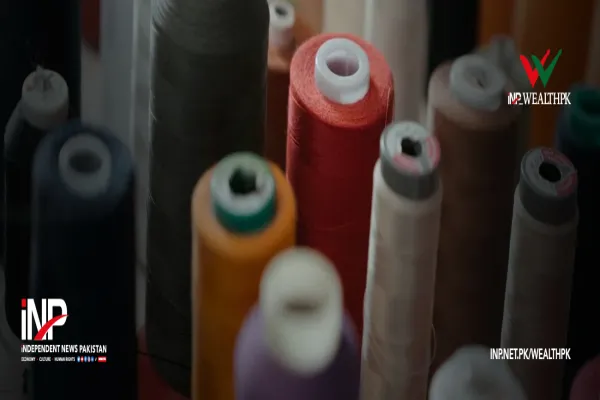i INP-WEALTHPK
Arooj Zulfiqar
The rural communities’ access to credit in Pakistan has long been a critical factor influencing agricultural productivity. Without credit, agriculture development in Pakistan is impossible. “Access to credit is not just a financial matter but a critical determinant of agricultural prosperity, particularly in countries like Pakistan. However, accessibility to credit has often been marred by challenges such as the lack of collateral, and limited outreach to the rural areas where the majority of farmers reside,” Mr Nurullah, Senior Scientific Officer at the National Agricultural Research Council (NARC), told WealthPK. According to the State Bank of Pakistan, with a 25 percent impressive growth, the financial institutions disbursed all-time high Rs1.776 trillion under agri financing during the last fiscal year (FY23) thanks to the State Bank of Pakistan’s efforts and PM's Kissan Package. Overall, the financial institutions have achieved 98 percent of the agriculture credit target of Rs1.819 trillion set by the State Bank for the last fiscal year.
The outstanding portfolio of credit also registered a growth of 10 percent and reached Rs760 billion at the end of June 2023 compared to Rs691 billion at the end of June 2022. Disbursement of Rs1.776 trillion in FY23 is also 25 percent higher than agricultural financing of Rs1.419 trillion disbursed in FY22. Nurullah said the government was making tremendous efforts to ensure accessibility to credit and enable farmers to maximize their benefits from it; however, much more work is still required to be done. “Lack of funds makes it difficult for farmers to purchase necessary inputs. This is in contrast to the developed countries where governments offer loans, subsidies, and support prices to farmers, resulting in higher productivity. “In developing countries like Pakistan, farmers often sell their products to middlemen at low prices and struggle to achieve the targeted prices.
As a result, the farmers in developing countries remain poor and unable to purchase inputs on time, hindering their agricultural activities. “Therefore, we need targeted interventions that address the unique needs of smallholder farmers, such as tailored financial literacy programs and innovative credit products with flexible repayment terms,” he said. Muhammad Aslam, a small-scale farmer from rural Punjab, said, “As a farmer, I know that access to credit is essential for making a living. With credit, I can invest in high-quality seeds, fertilizers, and machinery, which leads to better yields and a better income for me and my family. But getting credit is not always easy for farmers like me. Sometimes, we have to deal with a lot of paperwork and bureaucracy, which can be time-consuming and frustrating. Other times, the interest rates are too high, making it difficult to pay back the loan. It's like a gamble every season.”
INP: Credit: INP-WealthPk



